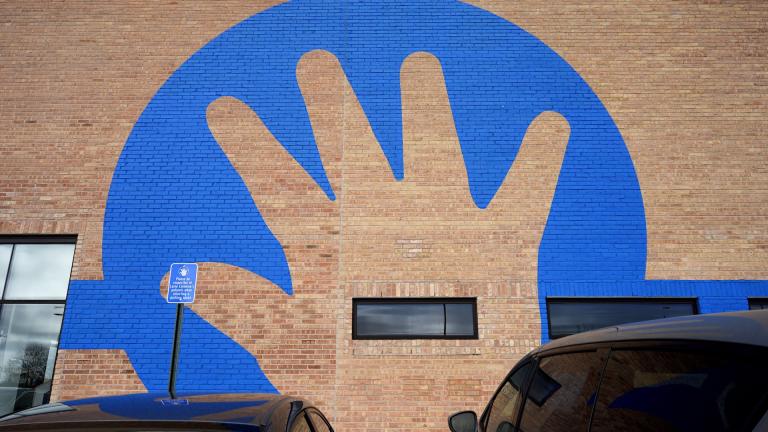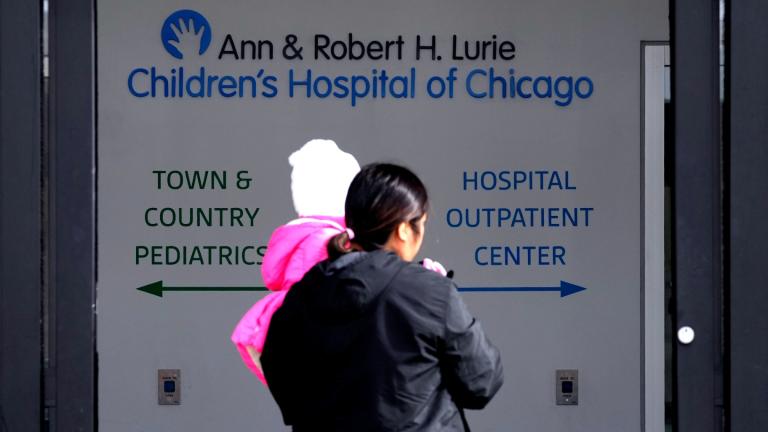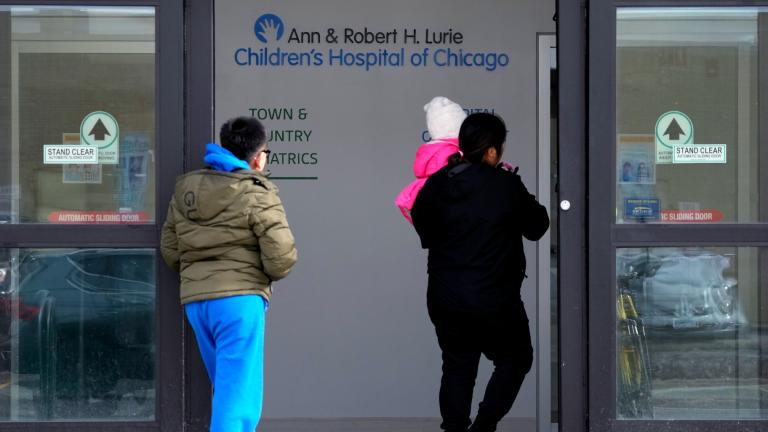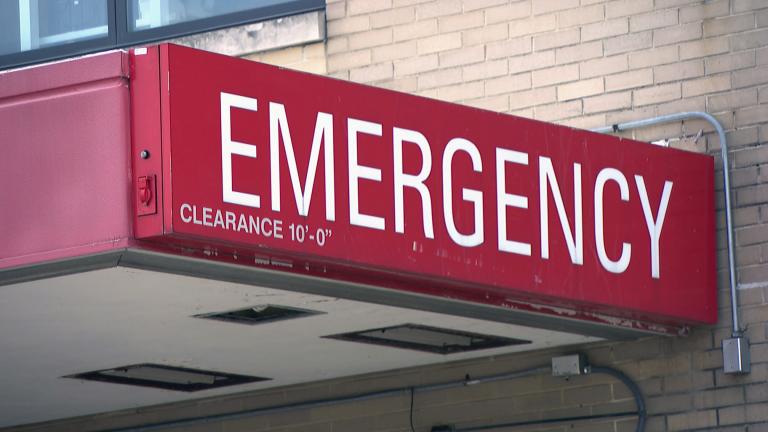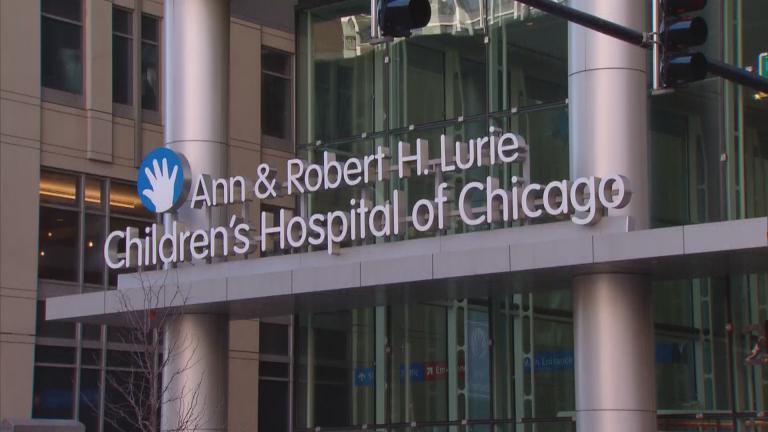An anonymous $12 million donation to the Ann & Robert H. Lurie Children’s Hospital will be used to treat child abuse, mental health issues and the direct and indirect effects of violence on Chicago’s youth.
The gift will go towards the hospital’s healthy communities initiative, which partners health care providers and outreach organizations to mentor and treat youth and adolescents in some of Chicago’s underserved communities.
Dr. Matthew Davis, Lurie Children’s Hospital’s head of academic general pediatrics and primary care, said child abuse and its mental health impact are naturally connected items in a cyclical pattern of violence.
“When a child is maltreated in life, that child is more likely to have mental health challenges in childhood, adolescence and young adulthood,” Davis said. “And mental health challenges may lead an adolescent or young adult to turn to violence and in turn, may put that young adult at risk of maltreating a child when he or she becomes a parent.”
The violence prevention program within the social services nonprofit UCAN will be one of several organizations partnering with the hospital to make use of the donation.
The program connects young people to mental health professionals and provides mentoring in the North Lawndale neighborhood, where the nonprofit is based.
Norman Livingston Kerr, vice president of UCAN’s Violence Intervention and Prevention Services, said young people who have experienced trauma often suffer from post-traumatic stress disorder and carry the mental scars of violence in their communities.
“Many of them have seen people abused verbally and physically – they’ve seen people shot,” Kerr said. “Many have experienced that themselves.”
Kerr said it’s not unreasonable to expect an adolescent who’s endured this type of trauma to rebel in some way. Trying to keep a young person who’s surrounded by patterns of violence in their communities – at home or in school – is not easy.
“The day-to-day stuff is very difficult – to change someone’s circumstance and their trajectory,” Kerr said. “It’s something that we understand we can’t give up on. We always have to be letting others know that we can’t give up on young people.
“Many young people feel like adults don’t really care. We’ve heard that so many times.”
The donation will also go towards making Humagram, software used to identify child abuse that was developed at Lurie Children’s Hospital, available to hospitals across the U.S.
The app helps health care providers determine if a patient’s injury, such as a bruise, is intentional or accidental – a sometimes difficult distinction to make.
“In the vast majority of cases when a child is diagnosed with child abuse, that child has been seen by a medical provider within the last six months and the diagnosis was missed,” Dr. Davis said. “So we want to try to reduce children’s risks for maltreatment by helping clinicians make the right diagnosis the first time.”
Davis and Kerr join Phil Ponce in discussion.
Related stories:
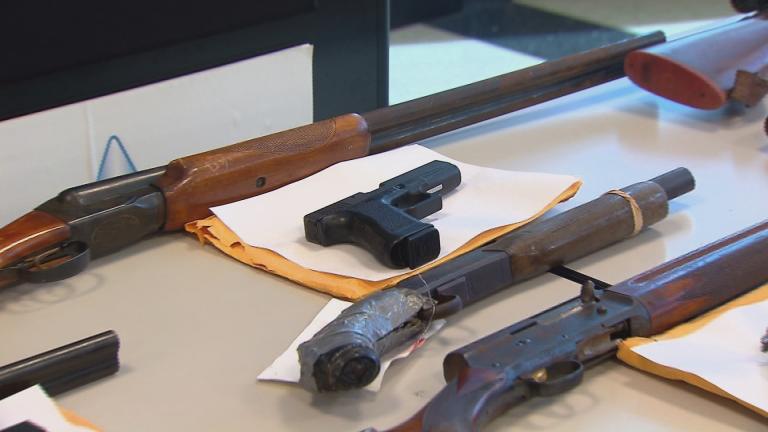 Ordinance Aims to Punish Parents of Gun-Toting Kids
Ordinance Aims to Punish Parents of Gun-Toting Kids
Aug. 1: Should parents be held responsible if they know their kids have guns? We speak to Ald. Raymond Lopez (15th Ward) about a new ordinance.
 Study Links Changes in Kids’ Sleep, Cortisol to Community Violence
Study Links Changes in Kids’ Sleep, Cortisol to Community Violence
July 27: “Both sleep and cortisol are connected to the ability to learn and perform academic tasks,” said researcher Jennifer Heissel. “Our study identifies a pathway by which violent crime may get under the skin to affect academic performance.”
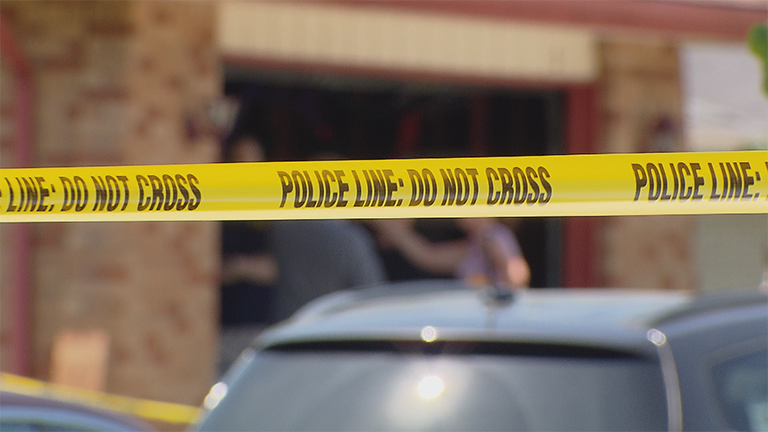 CDC: Nearly 1,300 Kids Die from Gunshot Wounds Annually
CDC: Nearly 1,300 Kids Die from Gunshot Wounds Annually
June 21: “Too many children have died or are traumatized by gun violence,” said Dr. Mark Slidell of Comer Children’s Hospital. “The impact of gun violence on children is a serious public health problem.”

